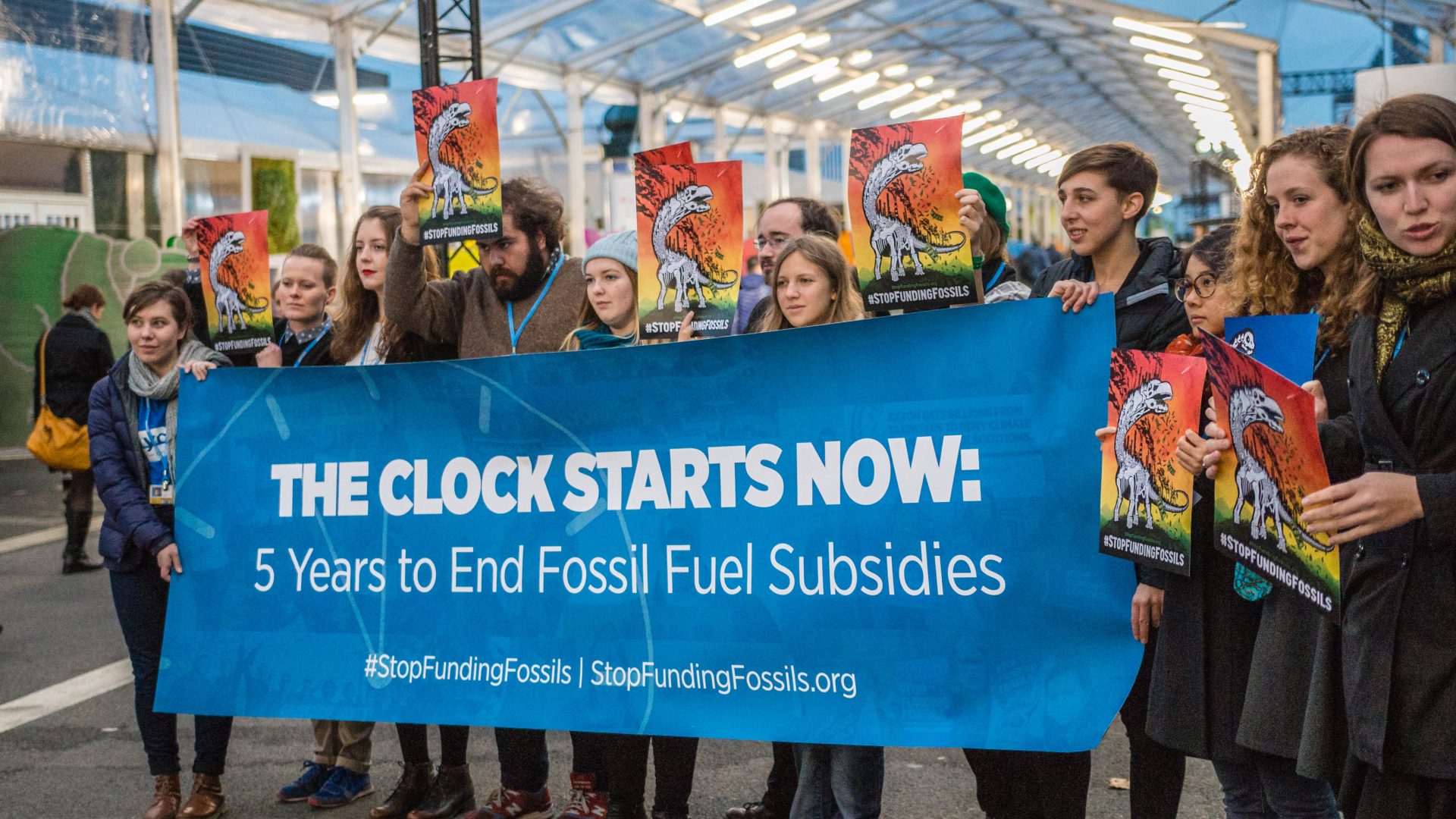
Should North Americans subsidize oil, gas, and coal for another 10 years?
This week, the leaders of Mexico, Canada, and the United States met in Ottawa for the North American Leaders’ Summit. In their outcome statement on climate and energy, they committed to “phase out inefficient fossil fuel subsidies by 2025 and call on the other members of the G-20 to do the same.” Along with their statement, they released an “action plan” with similar language.
This statement means that Mexico’s government becomes the first outside of the G7 – and the first developing country – to commit to a firm deadline on phasing out fossil fuel subsidies. That’s good news, because it means that now, nearly half of G20 member governments have put a clear expiry date on fossil fuel subsidies. This puts renewed pressure on the G20 as a whole to make progress at their Leaders’ Summit in China this September.
While North American leaders getting behind a deadline to end fossil fuel subsidies is good news, there’s also bad news: the deadline isn’t strong enough. Just yesterday, over 200 civil society groups, including Oil Change International, called on G20 leaders to curb fossil fuel subsidies by 2020, not 2025. Major economies like the G20 countries – especially wealthier countries like Canada and the United States – need to move faster if we want to avoid the worst impacts of climate change. We can’t wait nearly a decade to stop handing our tax dollars to oil, gas, and coal companies. We simply don’t have time.
What’s the real difference between ending subsidies in 2025 instead of 2020? For Canada, those five lost years will mean almost $15 billion in extra subsidies flowing to oil, gas, and coal producers; for the US, that figure is over $100 billion; and for Mexico, nearly $7 billion. Even these massive numbers only scratch the surface – they don’t include subsidies to fossil fuel consumers, or other government support to fossil fuel producers, including the billions of dollars in public finance and investments by state-owned enterprises. These numbers also leave out the unpriced damage caused by emissions, and environmental damage from oil, gas, and coal production in each country.
Fossil fuel subsidies also undermine climate action. With all three governments taking steps to show leadership on reducing climate pollution, continuing to spend billions of public money to prop up the largest polluters is illogical. Effectively, these subsidies function as a negative carbon tax, pushing companies and consumers to produce and consume more and more fossil fuels.
Canada has already reneged on one promise to end fossil fuel subsidies. While Prime Minister Justin Trudeau campaigned on a vow to begin phasing out fossil fuel subsidies, they actually increased fossil fuel subsidies in their first budget released earlier this year. And in the US, while the Obama Administration has pushed to curb fossil fuel subsidies, Congress has blocked attempts to cut off industry handouts at every turn. Yet the Obama Administration is starting to push against those subsidies it has control over – like subsidies to coal production on federal lands – and has more room to do the same with oil and gas.
To show that they’re serious, North America’s leaders have to act more quickly. The Trudeau government must keep their campaign promise and take action to phase out Canada’s worst fossil fuel subsidies, and the Obama Administration can use its remaining days in office to clamp down on the US fossil fuel subsidies they can eliminate. A 2025 deadline to phase out subsidies is simply too late.

